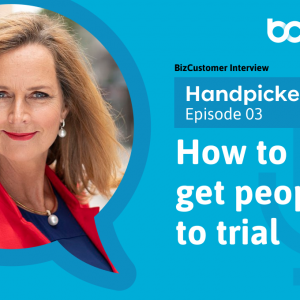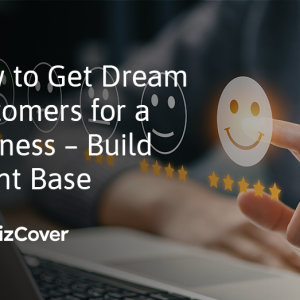Have you toyed with the idea of starting your own business? If you’re new to entrepreneurship, starting a micro business might be the right move for you.
Tiny but mighty, a micro business operates on a very small scale with fewer than 10 employees. They can be a great way to turn your hobby into a career; you can even set up shop from the comfort of your home.
Let’s dive into all things micro business and explore what’s involved in starting your own.
Micro business vs small business: What’s the difference?
The key differences between a micro business and a small business are the number of employees you have, your start-up costs, and your annual earnings. A micro business generally requires less than $50,000 in startup costs. Micro businesses also consist of fewer employees and typically generate less revenue.
If you are self-employed, a sole trader, and/or have just a few employees, you are very likely running a micro business.
The pros of starting a micro business
Simpler operation
With fewer employees, there will be fewer departments to oversee and processes to maintain. As a result, you usually get a more streamlined workflow and easier communication.
Lower costs
Due to the simplicity of the business, micro business owners maintain lower business costs since there are fewer salaries to pay and less operating expenses.
Skill specialisation
As a micro business, you will likely focus on fewer services and product offerings than large corporations, which can enable you to be an expert in your niche.
The cons of a micro business
More responsibility on your employees
With fewer employees, there may be extra pressure to hire high quality, talented people you can trust.
Limited resources
Smaller companies tend to have fewer financial resources to put into marketing and sales promotions to attract new customers.
Four steps for starting a micro business
1. Create a business plan
Once you’ve solidified your micro business idea, it is time to write a plan for how you will run it. Your business plan may include the following:
- an executive summary;
- your business goals;
- market analysis;
- product offerings/services;
- organisational structure;
- marketing and sales strategy; and
- a financial plan.
You can use this for reference as you develop your business and introduce your business to investors (if you intend to seek them).
2. Get your funds in order
Having a financial plan will assist you when pitching to investors and lenders. Understanding exactly how much money you need to get started and be successful is important before diving into a new business venture, as a lack of sufficient capital is one of the most common reasons why small businesses fail.
3. Research and test your product
After you’ve come up with a product or prototype, test it to see how consumers respond. Get your product in front of a study group, local vendors and business owners, or even your friends and family. Conduct a survey to gather feedback or constructive criticism before its official launch.
4. Protect your business with business insurance*
Launching and growing a business – even a micro business – is no walk in the park. There will be challenges to face and obstacles to overcome. This is where business insurance can have your back and protect you from unexpected risks.
Experience business insurance the BizCover way
No matter how ‘micro’ your business may be, it’s a big deal to us. Explore your business insurance options with BizCover and discover just how fast, easy, and hassle-free business insurance can be. Compare competitive business insurance quotes online or call us on 1300 920 868 and enjoy a better business insurance experience today.
© 2024 BizCover Pty Limited, all rights reserved. ABN 68 127 707 975; AFSL 501769


